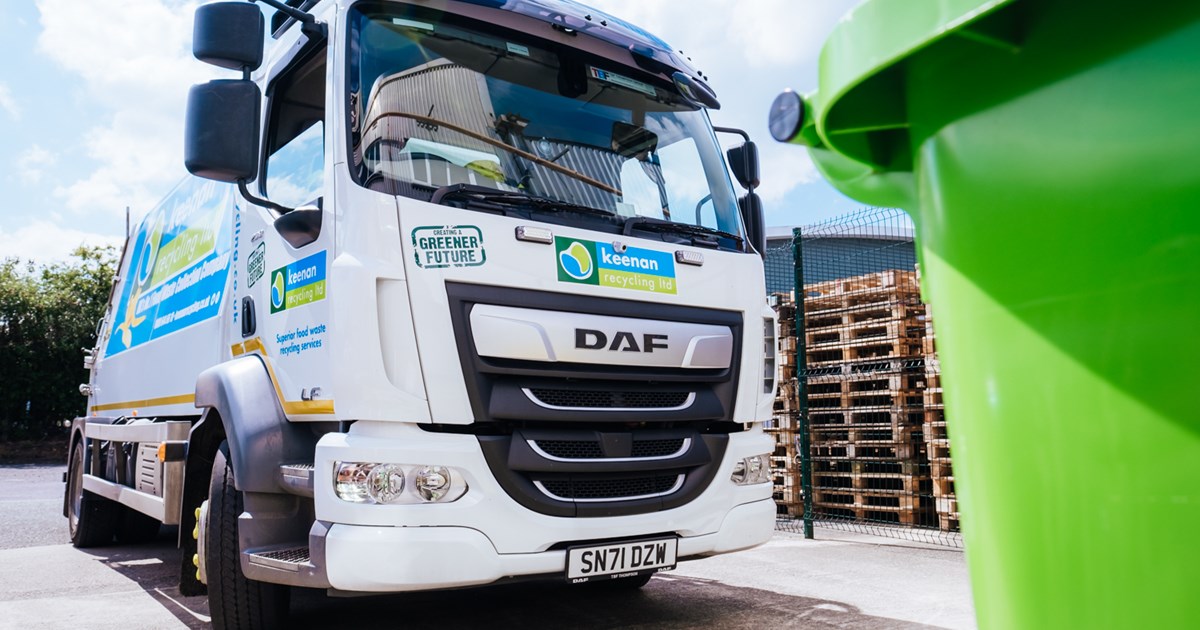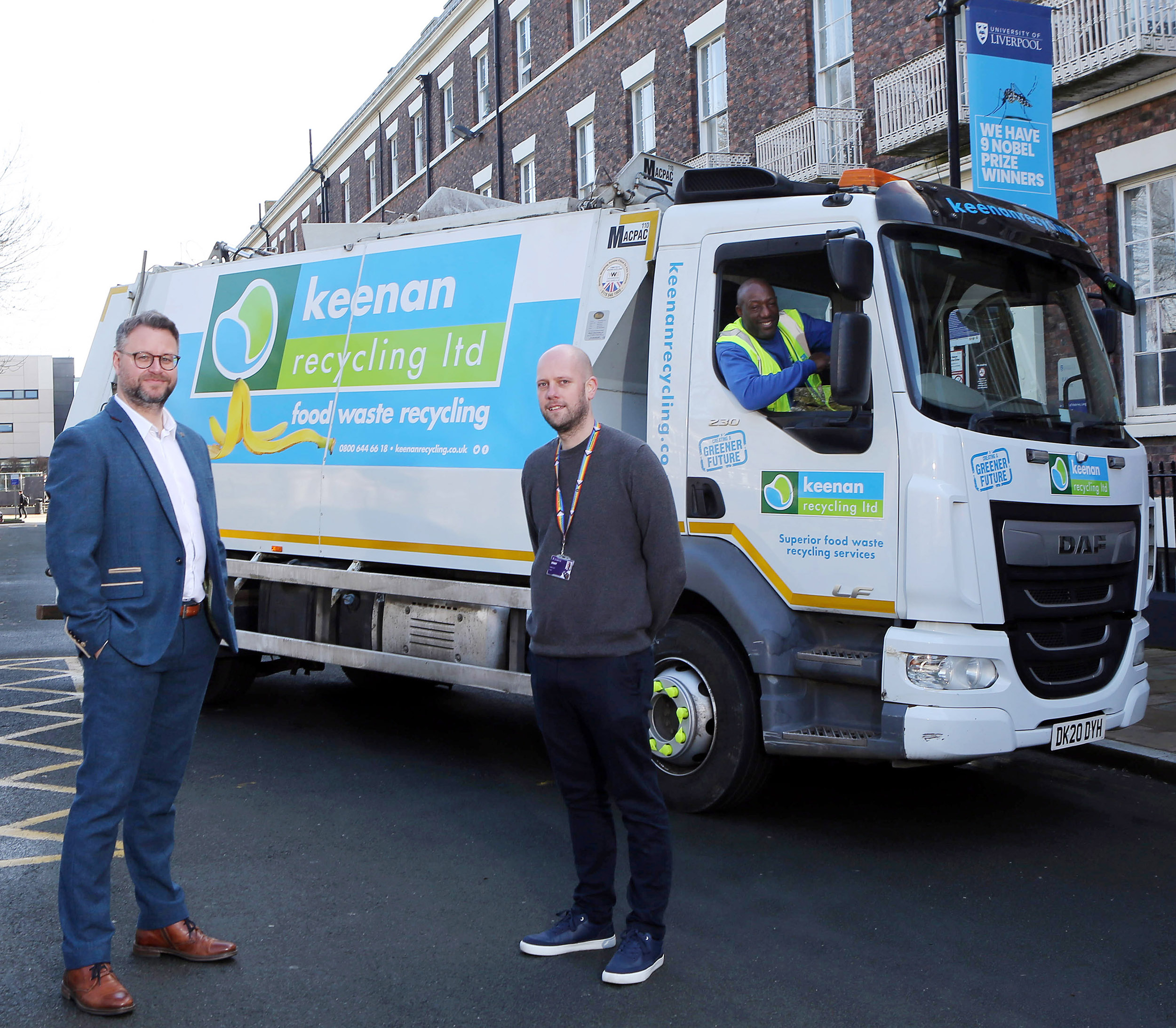Comments to be attributed to Keenan Recycling Ltd, managing director, Grant Keenan
As the government’s consultation on improved reporting of food waste by large businesses in England comes to a close on 5th September, it will be interesting to see what conversations are stimulated across the nation’s businesses.
England’s reporting and recycling of commercial food waste is out of date and we’re glad to see steps are being taken ahead of the proposed mandatory enforcements in 2023. Many businesses across the country are concerned about the cost of food waste to their business, inefficiencies in the food industry, or the impact of food waste on the environment but do not know which way to turn for support, guidance or suppliers with solutions.
We know many large food businesses in England are currently not measuring and reporting food waste due to barriers including a lack of awareness around the subject, a lack of incentive, and absence of confidence in their own capabilities to measure food waste robustly – this needs to change and in less than 12 months.
We understand that the government are considering a range of policy options and this has been covered in the consultation phase. Firstly, we strongly believe that they should opt to implement rules and regulations that all large businesses have to report and measure food waste. However, we feel this needs to be in collaboration with the food industry to determine the best ways to improve food waste reporting, to help make the cost of food waste recycling affordable and help minimise the burdens businesses experience or feel.
Secondly, we find it interesting that England is proposing to enforce businesses of a certain size and scale to recycle, whereas in-play Scotland legislation it’s based on volume of waste. So, any business that produces more than 5kg of food waste have a legal obligation to have all food waste and spoiled items collected for separate recycling by a registered waste carrier service. Scotland’s positive results speak for themselves, with a 15,000-tonne increase in food waste treated at anaerobic digestion plants in the first few months of the regulations taking effect. I worry upturns like this will not be seen in England if it’s a rule for some, not all.
We look forward to seeing the results of this consultation stage and how this summary will outline England’s roadmap to food waste reduction.


